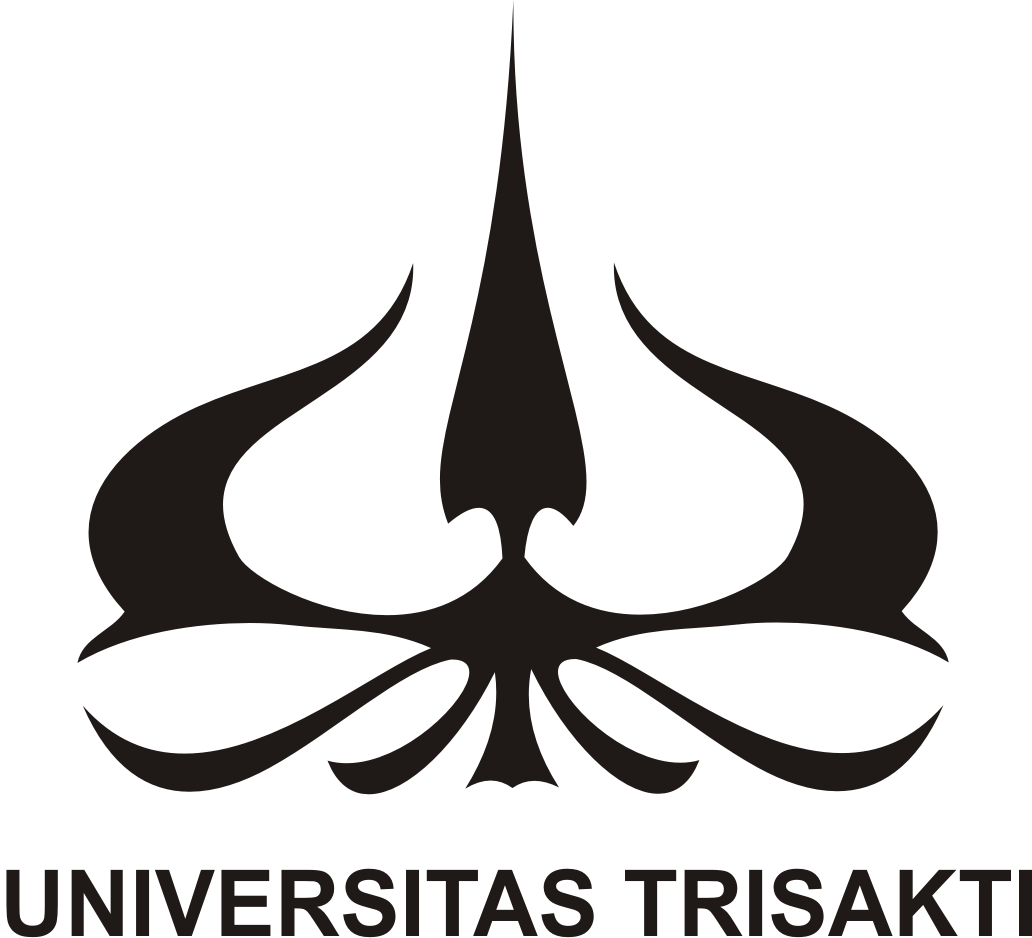EKS5425
Analysis of Islamic Banking Funding and Financing
4th Semester
Analysis of Islamic Banking Funding and Financing is included in the special skills courses of the Study Program which analyses Islamic banks in raising funds such as demand deposits, savings and time deposits, financing products such as financing for home ownership, vehicles, and multi-services, and service products such as remittance services, l/c services, gold pawning and others. In analysing funding and financing apart from conventional analysis, analysis is also taught by using digital media.
EKS5426
Islamic Financial Management
Islamic Financial Management is a comprehensive special skills course for the Study Program because the discussion will cover various aspects of managing the finances of a company based on sharia principles, so the discussion includes making financial decisions that must be made, namely investment decisions, funding decisions, and dividend policies, as well as other financial topics. Throughout the semester, students will actively learn about various concepts, theories, and application examples in the development, implementation and evaluation of financial decision-making based on sharia principles.
ESL5109
Islamic Financial Management Practicum
Islamic Financial Management Practicum is a special skills course in the Study Program where students will be introduced to various methods that can be implemented in the business world so that they will have learning experiences in making financial decisions as a financial manager must face. Quick and right financial decisions are very important in creating a competitive advantage to win the business competition in a very dynamic environment. Students will be taught the use of digital media in the Islamic financial management system.
EKS5423
Sharia Banking and Business Ethics
Sharia Banking and Business Ethics course is an applied course that strongly supports operational practices in sharia banking in carrying out its business services to customers to provide the best service by service procedures but still respecting sharia-based ethics. The discussion is not just about theory and company operational standards that must be adhered to, furthermore about how to convey service practices that have been implemented in Islamic banking offices into lecture classes so that students more easily understand the application of Islamic Banking and Business Ethics. During this course, students will be taught about the general description of the basics of Islamic Banking and Business Ethics and their urgency to the Islamic banking business. The course also explains the differences in ethics that exist in Islamic and conventional banking on the business and social side as well as the discourse on the formation of Islamic banking Sharia BMUN and HR readiness to face global trade AFTA at the end of 2015 which is only a few months away, so it is hoped that students will be better prepared to meet the criteria needed by the Islamic banking industry in the future.
ESL5110
Islamic Banking Service Practicum
Islamic Banking Service Practicum is a special skill course for the Study Program which is important because the discussion will cover operational aspects of Islamic banking, especially performance in providing excellent service to customers. The discussion in the lecture classes include not only theory but also practice how to convey service practices implemented in Islamic banking outlets so that students more easily understand the application of services in Islamic banking. Throughout the semester, students will be introduced to service products, especially in Islamic banking, both inter-bank and inter-country financial traffic services, as well as the implementation of services to customers, active learning about the importance of services and their impact on the quality of Islamic banking, and knowledge of the role of management and human resources in the success of services that can meet the needs of today’s society. With this study , It is hoped that students will be better prepared to meet the criteria needed by the Islamic banking industry today. In this course, students will also be introduced to many digital media used in Islamic banking services.
ESL5111
Entrepreneurship and Innovation Practicum
Entrepreneurship and Innovation Practicum is a course that contains sharia business concepts which include Sharia Business Actors, Fundamentals of Sharia Entrepreneurship Management, Scope of Sharia Entrepreneurship, Ethics in Sharia Entrepreneurship, Various Contemporary Sharia Entrepreneurship, Human Resources and Work Ethic in Sharia, Social Responsibility in Sharia Entrepreneurship, Sale and Purchase in Sharia, and Sharia Marketing. In addition, Sharia-based business innovations will be practised in the industrial era 4.0.
EKS5512
Taxation
Taxation course aims to provide basic knowledge of taxation law in Indonesia. After taking this course, students are expected to know the procedures for collecting Income Tax (PPh), Value Added Tax and Sales Tax on Luxury Goods (PPN and PPnBM), Land and Building Tax (PBB), Stamp Duty and General Provisions and Taxation procedures.
ESL5112
Tax Practicum
Tax Practicum course aims to make students able to practice the implementation of the collection of Income Tax (PPh), Value Added Tax and Sales Tax on Luxury Goods (PPN and PPnBM), Land and Building Tax (PBB), and Stamp Duty.
EKS5422
Sharia Insurance
Sharia Insurance course is a basic course on sharia insurance. In this course students will study the basics of sharia insurance, the difference between sharia and conventional insurance, sharia insurance contracts, characteristics of sharia insurance, sharia insurance products, and Sharia insurance operations. In this course, students will also be introduced to Islamic insurance marketing techniques that utilize digital media.
EKS5427
International Economics
International Economics course includes learning about various concepts and scopes of international economics, international trade theory, international trade policy, international trade organization and cooperation, international monetary system, theory and practice of foreign exchange trading, the balance of payment theory and policy, international financing and payment systems, international business, and open macroeconomic policies to maintain internal and external balance. The main materials that will be discussed in this course are international economic concepts, international economic realities, and basic assumptions in international economic theory.

